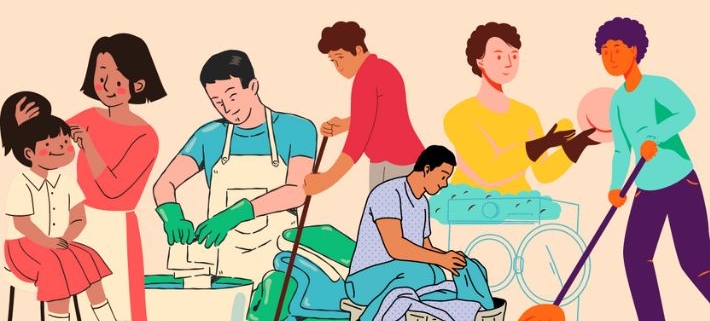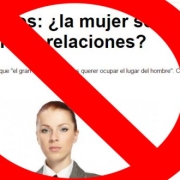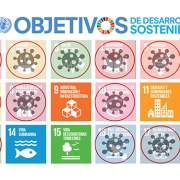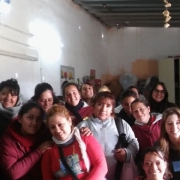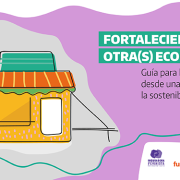Care as an autonomous human right: contributions for its interpretation
We present three amicus curiae before the Inter-American Court of Human Rights to offer some considerations regarding care as a human right. Our participation was part of a collective process that synthesizes specialized knowledge.
“Below, we offer a google translate version of the original article in Spanish. This translation may not be accurate but serves as a general presentation of the article. For more accurate information, please switch to the Spanish version of the website. In addition, feel free to directly contact in English the person mentioned at the bottom of this article with regards to this topic”.
In January, the Argentine State asked the Inter-American Court of Human Rights (IAC Court) to issue a ruling regarding “The content and scope of the right to care and its interrelation with other rights.” What motivated this request, according to the different ministries involved, was the opportunity to address gender inequalities by building more fair and equitable standards in terms of care.
Based on this request, the Inter-American Court will issue an Advisory Opinion, previously allowing the involvement of other actors in the interpretative process of this right. At Fundeps we have taken part, along with other spaces, in the construction of a judicial tool called amicus curiae, which enables voluntary participation through a technical-legal opinion. Likewise, we have adhered to the documents prepared by the CLACAI Legal Network and the Red DESC.
This collective work process brought together activists, professors from Latin American and European universities, people from academia and experts from different committees, feminist and human rights organizations. The document presented seeks to provide elements to the court regarding care as a human right: to care, to be cared for, and to self-care.
The document reconstructs the conception of care as a need that transcends interpersonal relationships, in order to consider it “as an inherent process linked to the sustainability of life and well-being.” From this position, the amicus maintains the right to care as an autonomous right that, at the same time, maintains interdependencies with other rights. Thus, considerations were offered regarding its connection with the right to health, sexual and (non) reproductive health, sexual diversity, social security, a healthy environment, the territories and the city. Furthermore, the amicus explained the importance of having systems of indicators – quantitative and qualitative – of human rights, which allow States to produce complete and systematized information, for monitoring compliance with the right to care.
Regarding the enforceability of the State’s obligations, it was stated that the respect, protection and fulfillment of women’s right to non-discrimination and the enjoyment of equality is an obligation derived from this autonomous right. However, it was expressed that it becomes necessary to take into account, from an intersectional perspective, those obligations derived from the right to care in sectors most exposed to vulnerability: people with disabilities and mental health problems, migrants and indigenous peoples.
As a point to highlight, our presentation also raised the importance of community care work, establishing that it takes particular forms in soup kitchens and soup kitchens, picnic areas, kindergartens, medical rooms, among others, to face economic crises. In this sense, the organization mainly of women and dissidents in territories where social inequalities are evident, this type of care allows social reproduction and the sustainability of life.
In conclusion, we maintained that the right to care is an autonomous right that must be guaranteed by States under conditions of universality, equality and non-discrimination. This means the revaluation of care as an independent right that requires both enforceability towards the State, as well as co-responsibility and distribution, involving both society as a whole and the market.
Author
Carola Bertona
Contacto
Cecilia Bustos Moreschi, cecilia.bustos.moreschi@fundeps.org.

